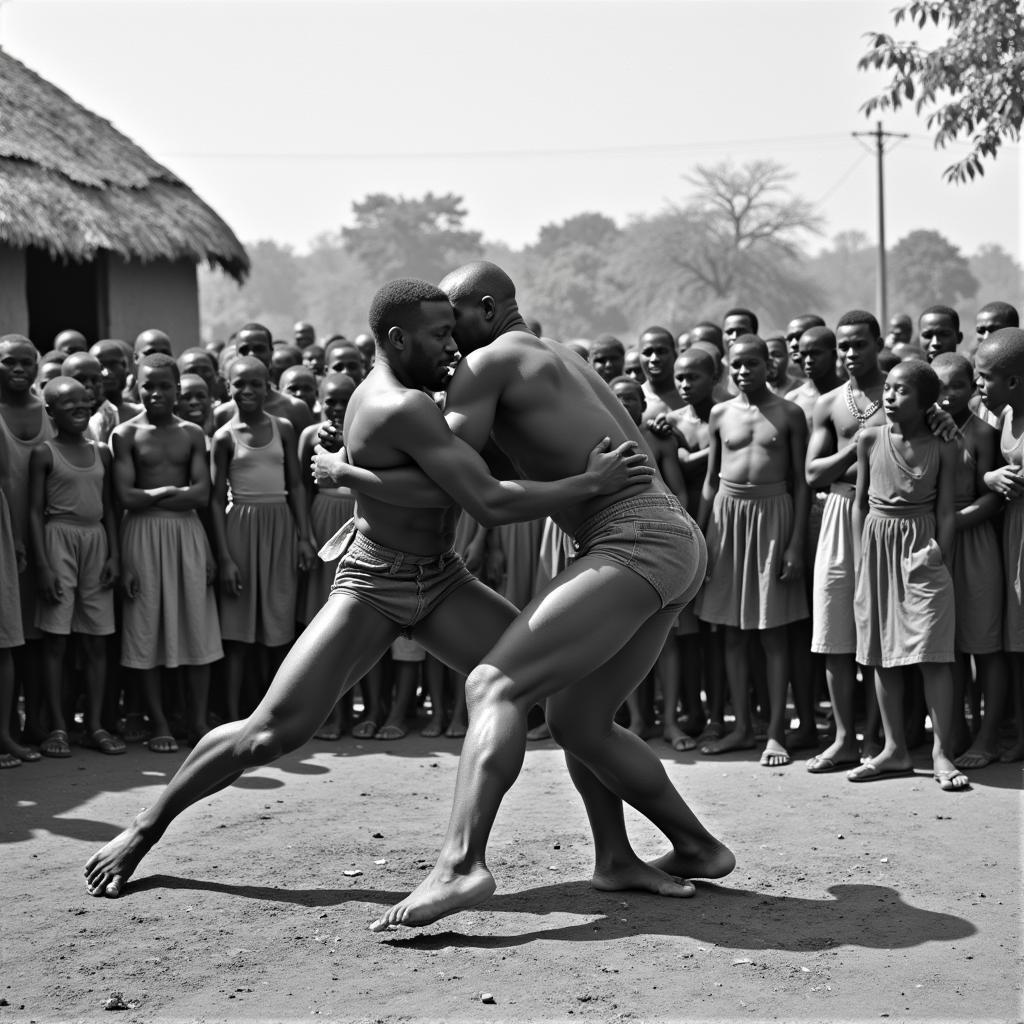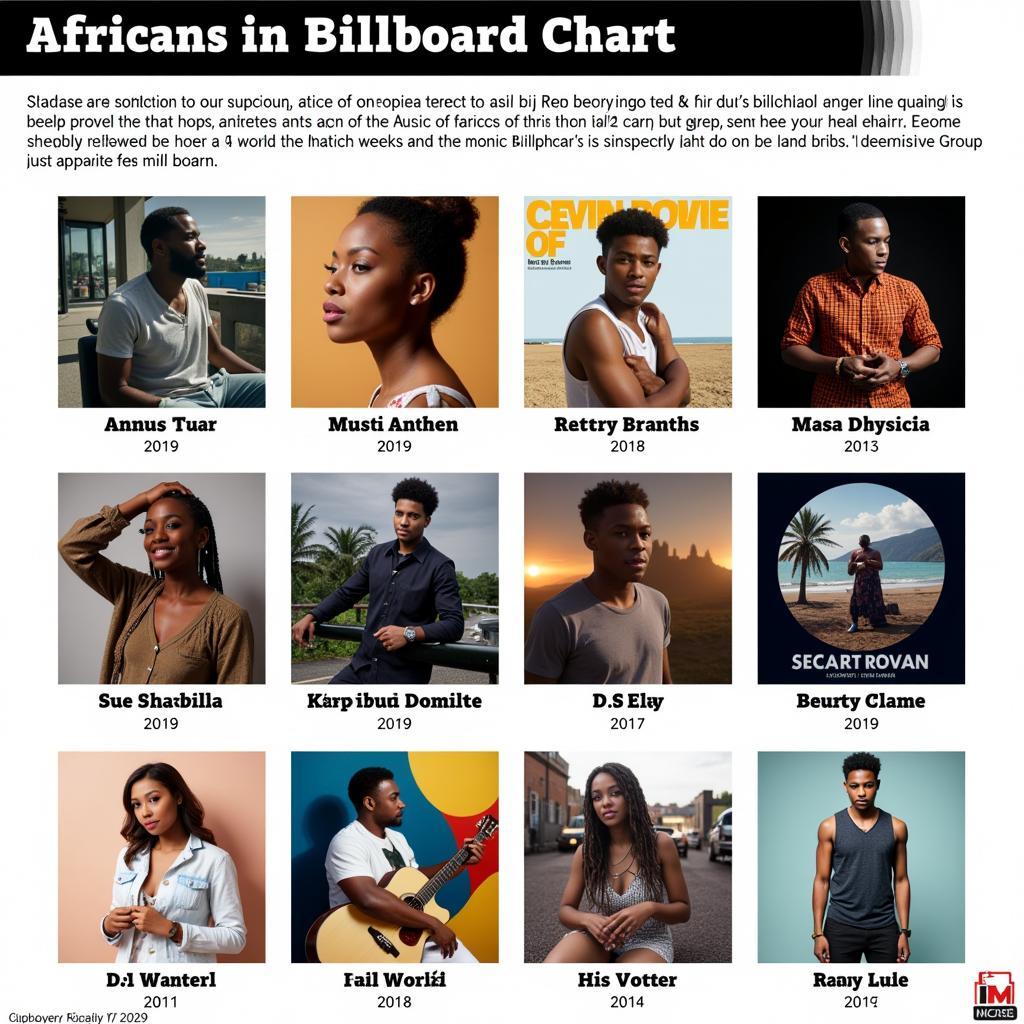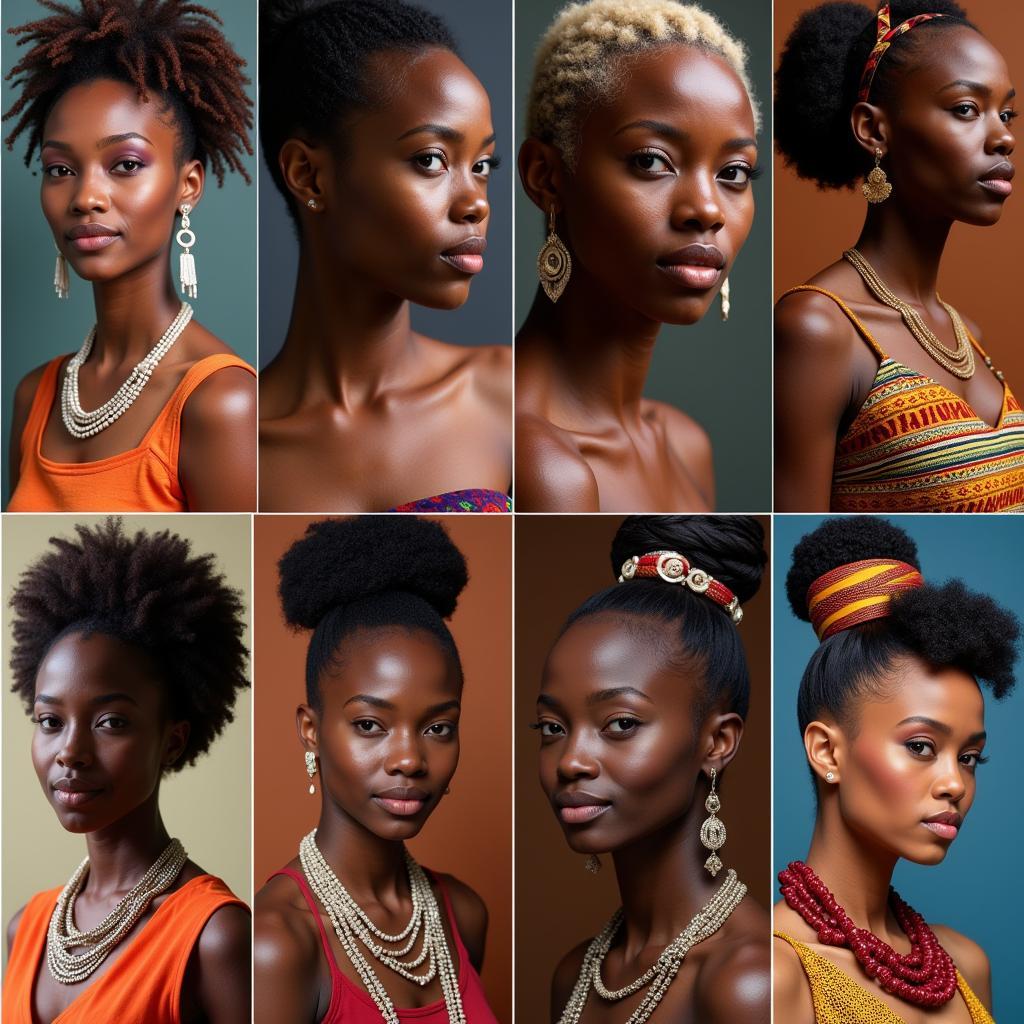African American Diversity: A Tapestry of Cultures, Experiences, and Identities
African American Diversity is a vibrant tapestry, woven from the threads of countless histories, cultures, and experiences. While often viewed as a monolithic group, African Americans represent a vast spectrum of backgrounds, beliefs, and aspirations. This diversity stems from the complex history of the transatlantic slave trade, which brought millions of Africans from various ethnic groups, cultures, and languages to the shores of North America. Over centuries, these diverse roots have intertwined with the influences of American society, creating a unique and multifaceted cultural landscape.
Exploring the Roots of African American Diversity
The diversity within the African American community is deeply rooted in the origins of its people. Enslaved Africans were transported from different regions of the continent, each with its own distinct languages, customs, and traditions. This forced migration resulted in a blending of cultures as individuals from diverse backgrounds were brought together and compelled to find common ground. Religious practices, storytelling traditions, and musical expressions intermingled, giving rise to new cultural forms that were uniquely African American.
Cultural Expressions: A Mosaic of Heritage
African American culture is a dynamic force that has shaped and continues to shape American society as a whole. From the soulful rhythms of jazz and blues to the electrifying moves of hip-hop dance, African American artistic expressions have left an indelible mark on the world. The rich literary tradition, with luminaries like Maya Angelou and Toni Morrison, has given voice to the joys and sorrows of the Black experience, captivating readers with its power and beauty. Culinary traditions, passed down through generations, tantalize taste buds with a fusion of African and American flavors, showcasing the ingenuity and resilience of African American culinary heritage.
Navigating Identity: Embracing the Spectrum
African American identity is a multifaceted and evolving concept. While there are shared experiences that bind the community together, such as the legacy of slavery and the ongoing struggle for racial justice, individual identities are also shaped by factors such as family history, regional background, and personal beliefs. Some African Americans may strongly identify with their African ancestry, while others may embrace a more pan-African or global perspective. The LGBTQ+ community within African American society adds another layer of diversity, challenging traditional notions of identity and advocating for greater acceptance and inclusion.
Challenges and Triumphs: Overcoming Adversity
The African American experience has been marked by both immense challenges and remarkable triumphs. From the horrors of slavery and the Jim Crow era to the ongoing fight for civil rights, African Americans have demonstrated incredible resilience and determination in the face of adversity. Despite systemic racism and discrimination, African Americans have made significant contributions to every aspect of American life, from science and technology to politics and the arts. The spirit of resistance and the pursuit of equality are deeply ingrained in the African American consciousness, inspiring generations to fight for a better future.
Conclusion: Celebrating the Rich Tapestry of African American Diversity
African American diversity is a testament to the strength, resilience, and creativity of a people who have endured and overcome immense challenges. By embracing and celebrating the multitude of cultures, experiences, and identities within the African American community, we can foster a deeper understanding and appreciation for the richness and complexity of the human experience. Let us continue to learn from one another, to challenge stereotypes, and to work together towards a more just and equitable society for all.
FAQs
1. What are some of the major cultural contributions of African Americans?
African Americans have made significant contributions to American culture in music, dance, literature, art, food, fashion, and sports. Jazz, blues, gospel, hip-hop, and R&B are just a few examples of musical genres that have their roots in the African American experience.
2. How has the African American experience shaped the fight for civil rights in the United States?
The struggle for civil rights in the United States is inextricably linked to the African American experience. From the abolitionist movement to the Civil Rights Movement of the 1950s and 1960s, African Americans have been at the forefront of the fight for equality and justice.
3. What are some ways to celebrate and support African American diversity?
There are many ways to celebrate and support African American diversity. Supporting Black-owned businesses, attending cultural events, and learning about African American history and contributions are just a few examples.
4. How does African American diversity contribute to the richness of American culture?
African American diversity enriches American culture by bringing a unique blend of traditions, perspectives, and experiences. The cultural contributions of African Americans have shaped American identity and continue to inspire and influence the world.
5. What are some resources for learning more about African American history and culture?
The National Museum of African American History and Culture, the African American Civil War Museum, and the National Civil Rights Museum are just a few of the many institutions dedicated to preserving and sharing African American history and culture.
For those interested in exploring the diversity of African American culture, you may find these articles fascinating: african american beer companies, african american barbie dolls, and african american nose types.
If you’d like to delve into other aspects of African heritage, you can also explore articles on topics like african american albino model and african king hd background.
If you need any assistance, please contact us at: +255768904061, Email: kaka.mag@gmail.com. You can also visit us at our office located in Mbarali DC Mawindi, Kangaga, Tanzania. Our dedicated customer care team is available 24/7 to assist you.



